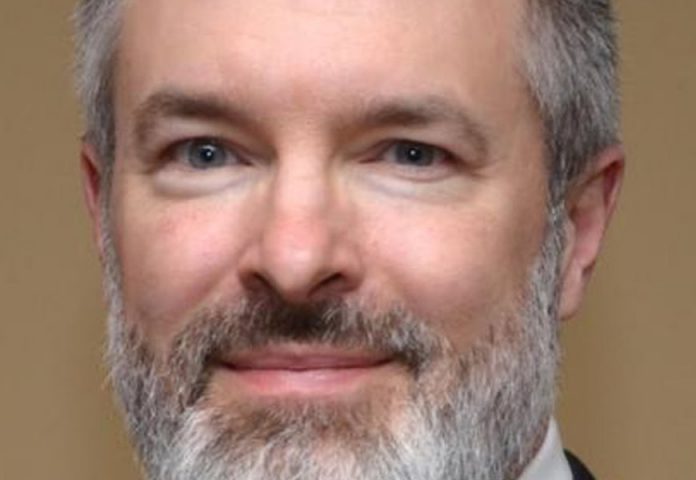
by Andy Keller, PhD, President and CEO, Meadows Mental Health Policy Institute
The 85th Legislature should be remembered for at least one very important, positive accomplishment: this Legislature made life better for Texans with mental health needs.
Lawmakers this session passed more than a dozen mental health-related bills dealing with everything from bringing more psychiatrists to Texas to screening new moms for post-partum depression. Legislators even found ways, despite the tight budget, to put serious money into critical behavioral health initiatives. As someone engaged with mental health system reform in Texas and 20 other states for more than two decades, I’m impressed.
Sen. Jane Nelson, (R-Flower Mound), played a key role in this progress. As Chairman of the important Senate Committee on Finance, she spearheaded the Senate’s budget writing efforts. But she’s also a past chairman of the Senate Health and Human Services Committee. Because of that experience, she’s knowledgeable about especially vulnerable Texans, including children in foster care and adults who bounce between jails, emergency rooms and the streets because of untreated mental illness. She put that knowledge to excellent use by helping craft – and secure funding for – several important mental health measures.
Thanks to her support, Texas will begin to address one of its most urgent health crises: modernizing our obsolete, overburdened state hospital system. The system dates back to the 19th century – as do three of the five hospitals that engineers have deemed unsalvageable and in need of being rebuilt.
Back when these facilities were built, the state’s population was much smaller and mostly rural. Now, we have nearly 28 million residents, many more of whom live in or near big cities, and the wait list for state hospital beds has reached hundreds of names. Many of those waiting for beds languish in county jails, where they were often taken after being arrested for low-level offenses, like shoplifting.
Sen. Nelson’s work this session addressed this system on several fronts. First, her committee included $160 million for urgent repairs and deferred maintenance at existing state hospitals and state-supported living centers. In addition, lawmakers agreed to spend $300 million to start the long-term process of redesigning, planning and building new hospitals. These new facilities can be built closer to where most Texans live, which would make it easier for patients to return to the community and for families to visit their loved ones. It will also help foster more partnerships with medical schools and other health care providers for state-of-the-art care, research and training.
Sen. Nelson also co-authored and worked to pass Senate Bill 292, which supports jail diversion programs. The bill, accompanied by an additional $37.5 million in matching grant funding, aims to prevent those with mental illness from cycling through our jails and emergency rooms by connecting them to intensive, community treatment. This will relieve pressure on state hospitals and allow counties to use their tax dollars more effectively.
She also authored and secured funding for Senate Bill 74, which streamlines credentialing for providers who want to treat children with high needs, including children and youth in foster care. And she made sure the budget included the needed one-time start-up funds to surge this capacity to meet the urgent needs of children in state custody.
She also kept and improved many programs that are working. She continued her promise to prevent waitlists by investing $62.6 million to address current gaps and prevent future delays in care. She also made sure that lawmakers maintained funding for a program she started during the previous Legislature, the Texas Veterans + Family Alliance. The program provides $20 million in matching grant funds to local groups that want to address gaps in services for veterans and their families. In Denton County, for example, the local United Way used TV+FA to hire community navigators to help veterans with mental illness address a variety of needs, from helping find affordable housing to applying for veterans’ benefits.
These strategic investments in mental health are a credit to Senator Nelson, her leadership, and her vision. She found the narrow path to both champion the responsible use of limited public funds and also make life better for Texans struggling with mental health needs.
About Meadows Mental Health Policy Institute – The Meadows Mental Health Policy Institute (texasstateofmind.org) provides data driven, nonpartisan policy research and technical assistance to improve behavioral health services in Texas





 GIF.gif)












